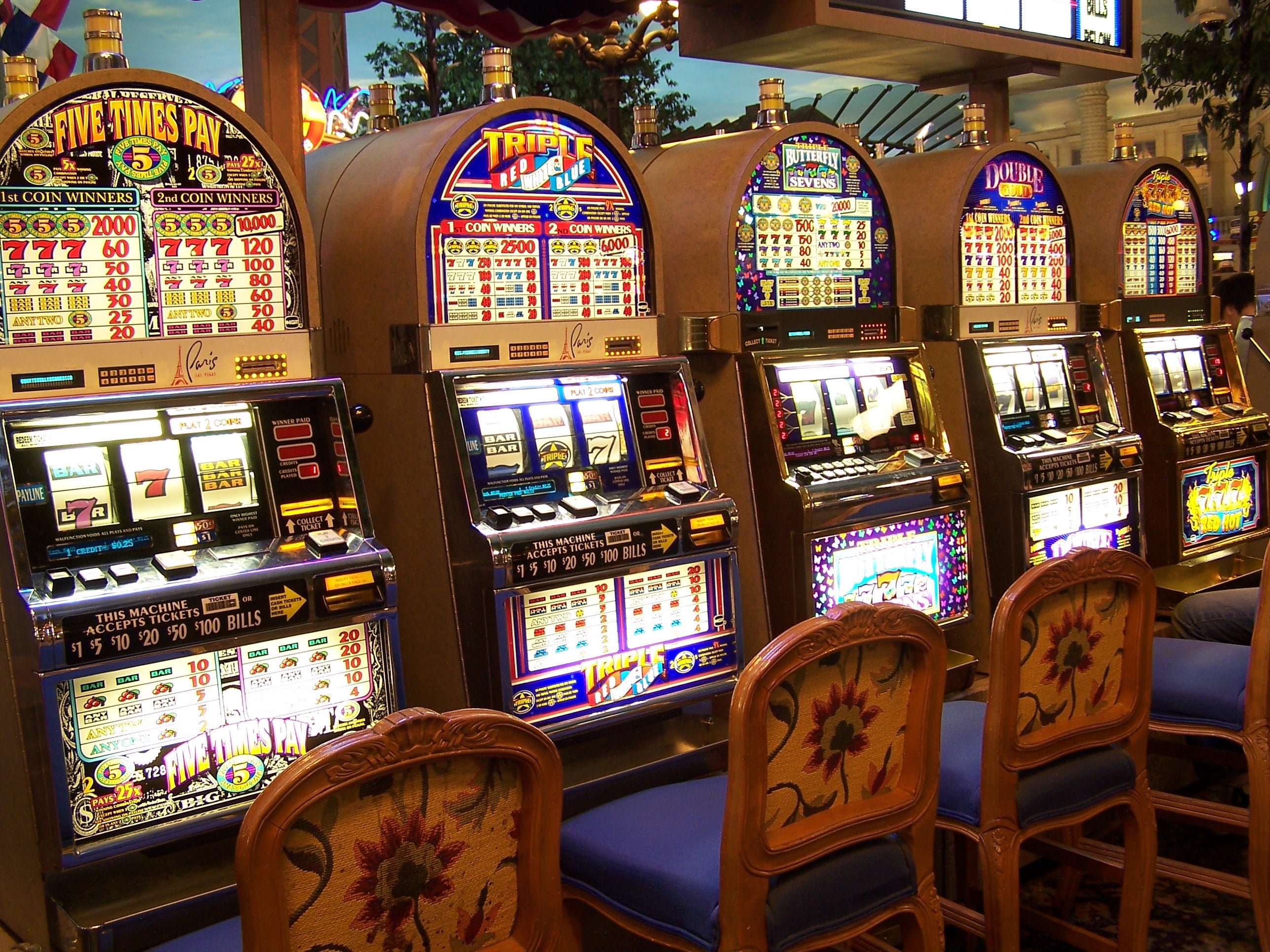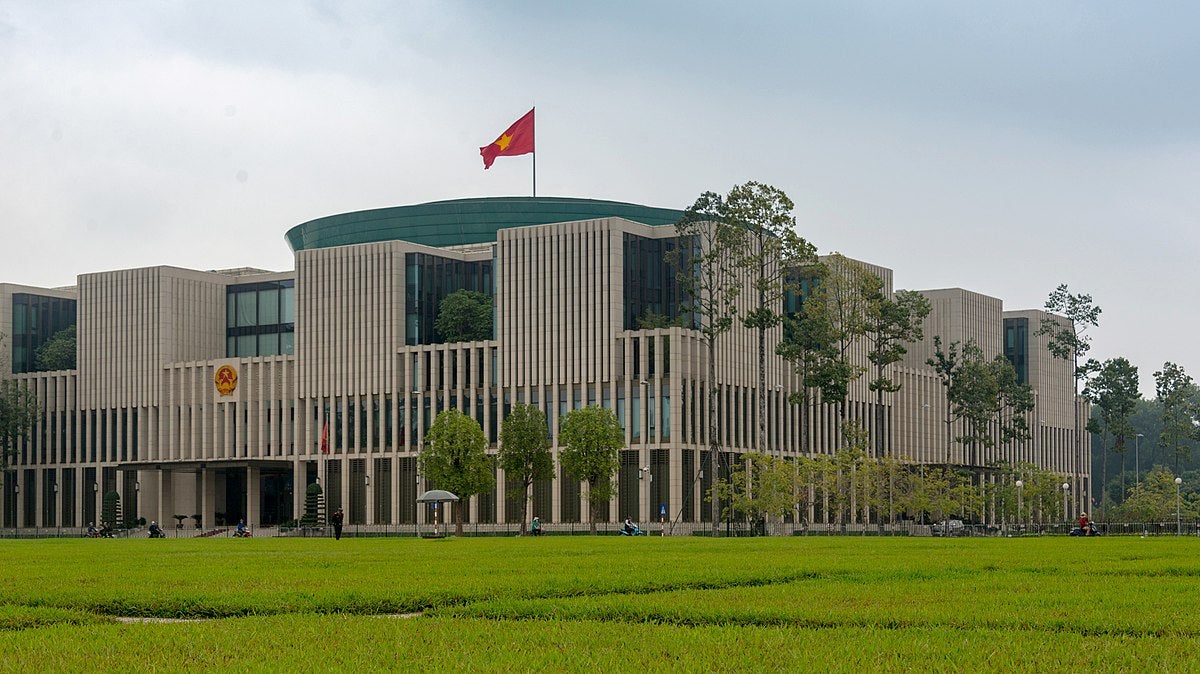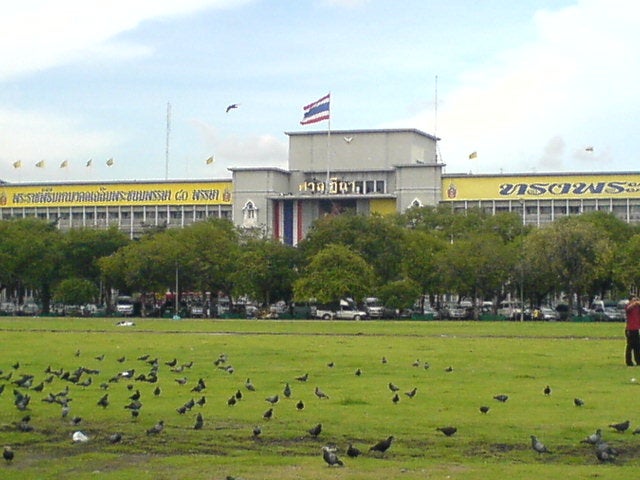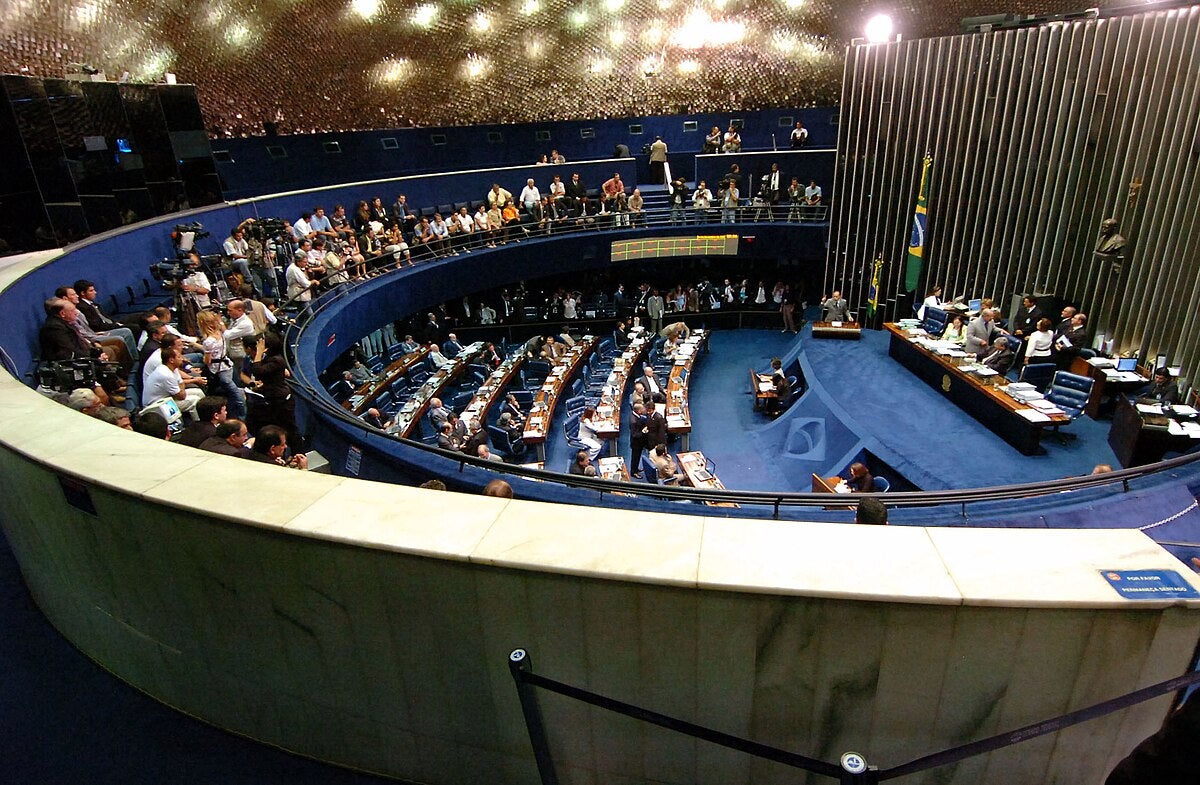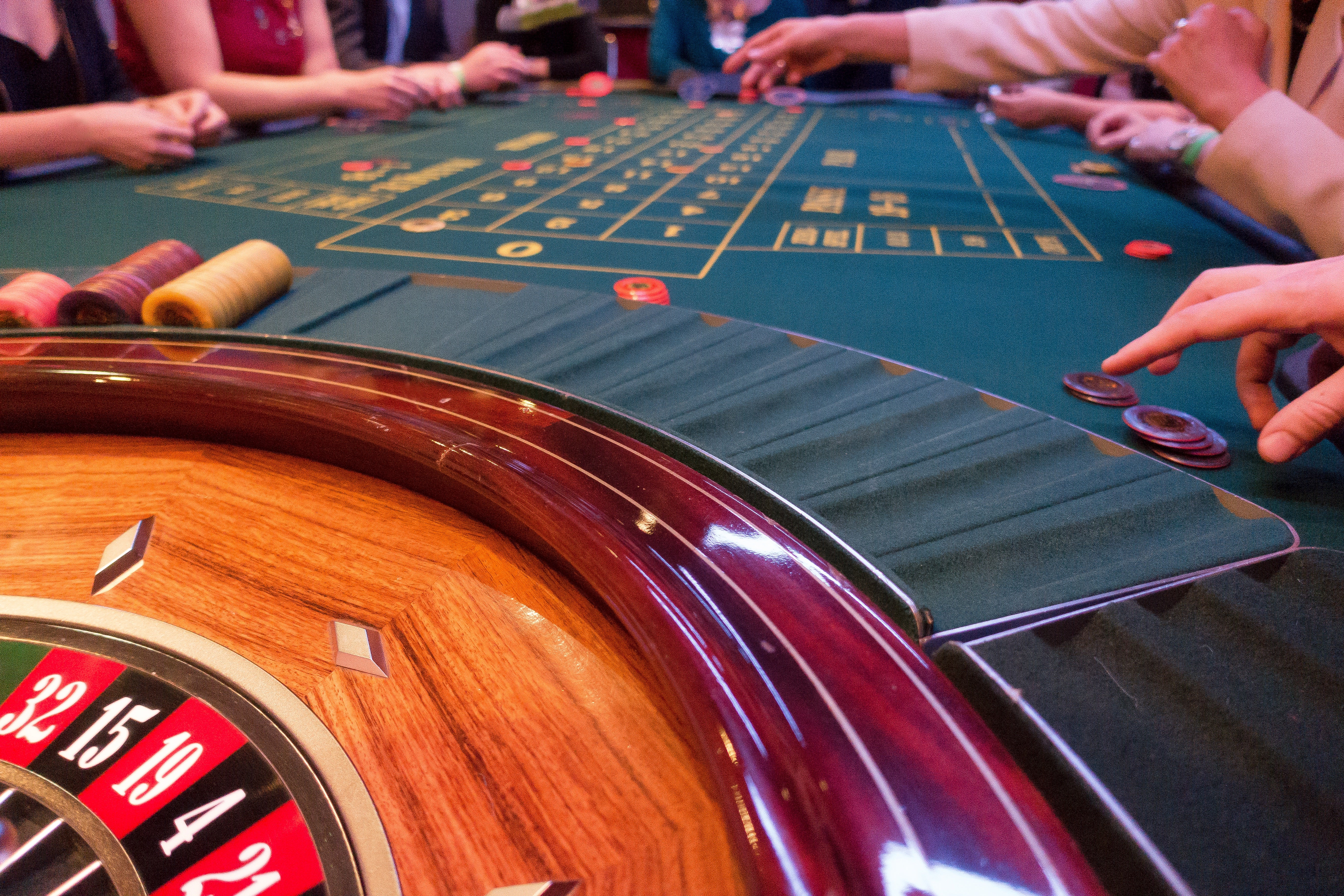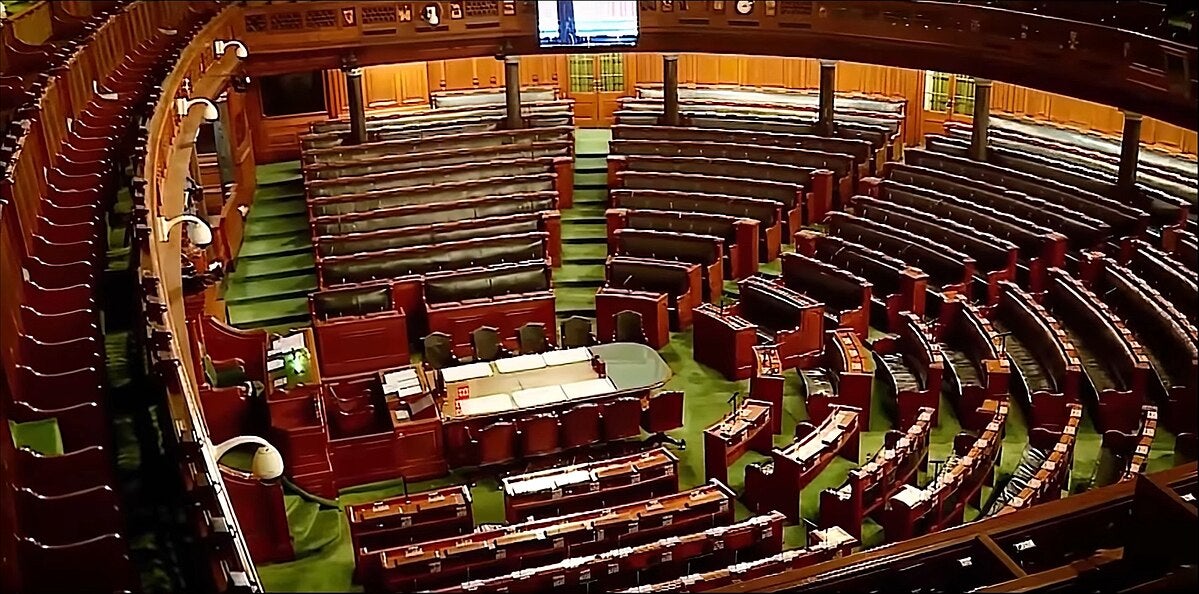Baccarat Dominates Post-Pandemic Recovery
Macau’s gaming revenue in 1Q25 remained anchored by mass-market baccarat, which contributed MOP34.32 billion (US$4.29 billion) or 59.5% of total GGR, despite a slight dip from prior quarters. The game’s contributions have surged 18.8% since 2019, signaling a pivot towards non-VIP play.
VIP Baccarat posted modest annual (0.5%) and quarterly (3.3%) gains to MOP14.46 billion (US$1.8 billion). It represents 25.1% of GGR—less than half of its pre-pandemic footprint. Slot machines added MOP3.27 billion (US$405 million), up 1.7% year-on-year but down 2.9% quarter-on-quarter. The data underscores Macau’s rebalancing act with mass gaming driving stability as VIP revenue drops by 38.9% compared to 2019.
Fiscal Strains Persist
While Macau’s gaming sector generated positive GGR figures in 1Q25, it faces pressures as tightened junket regulations create fiscal uncertainties. The number of junket operators plummeted from 36 in 2023 to 24 today, with new rules barring multi-operator partnerships and VIP room management. These curbs have accelerated the industry’s favor of mass-market gaming over high-roller reliance.
Q1 2025 GGR totaled MOP57.66 billion (US$7.19 billion), up 0.6% year-on-year but trailing the government’s MOP20 billion (US$2.5 billion) monthly budget. The monthly average of MOP19.2 billion (US$2.4 billion) risks derailing the annual MOP240 billion (US$30.04 billion) forecast.
Intensified Economic Headwinds
Chief Executive Sam Hou Fai warned of a looming deficit if revenues dip below MOP15 billion monthly (US$1.88 billion), stating, “The imbalance in our fiscal structure is serious, and we must maintain a strong sense of crisis awareness. Macau is a small city, yet our regular expenditure is substantial—and it will continue to grow unless we face extreme circumstances.”
Macau’s gaming sector faces mounting external pressures as China’s economic slowdown and global trade tensions threaten spillover effects. JP Morgan’s DS Kim warns US tariffs could weaken Guangdong’s exports—a key regional economic driver—and further weaken the yuan, potentially slashing gaming revenues by 10% in 2025.











.jpg)








